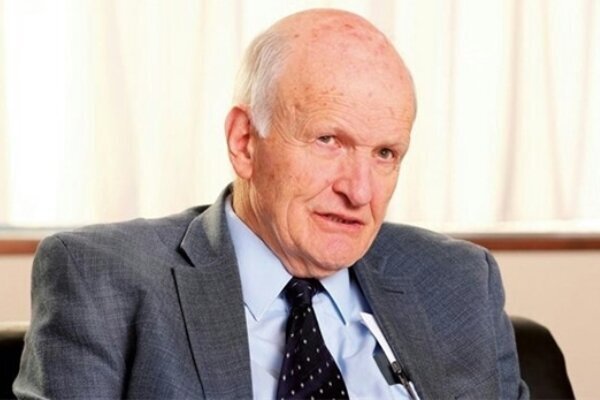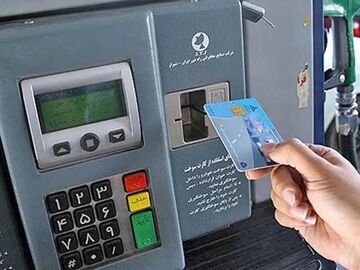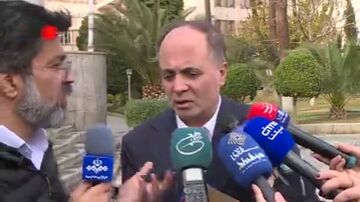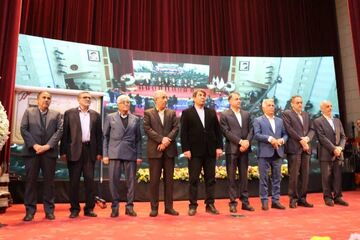TEHRAN(Bazaar) – Professor Frank N. von Hippel, former assistant director for national security in the White House Office of Science and Technology, says Iran and Saudi Arabia have had meetings on regional security issues in Baghdad starting in April. That is a very important development.
Following is the text of the Bazaar interview with Professor Frank N. von Hippel.
Bazaar: France has recently stated that if the Vienna talks are delayed, not only will reach an agreement on the lifting of sanctions be delayed, but it also jeopardizes the possibility of concluding the Vienna talks and reviving the JCPOA. What is your assessment of France's recent stance?
Hippel: I don’t always agree with French positions on the JCPOA but I also worry that reviving the JCPOA is getting more difficult with time. Major political factions in both Iran and the United States never liked the agreement for different reasons. That is because it was a compromise. Each side would have liked more. Now, in the absence of a quick reentry of the US into the deal, those demands are being raised again.
Bazaar: France also took a tougher stance than other European countries in the negotiations leading up to the JCPOA. Even now, even in the midst of the negotiations, he had raised the issue of Saudi Arabia's entry into the negotiations. Raising these issues could jeopardize the Vienna talks. Is it possible that France will continue to raise similar positions and interrupt the negotiations?
Hippel: I think President Macron proposed that Saudi Arabia participate in security negotiations after the US rejoins the JCPOA and both Iran and the US reestablish their compliance. I believe that Iran and Saudi Arabia have had meetings on regional security issues in Baghdad starting in April. That is a very important development. I hope such talks continue but Saudi Arabia is not part of the JCPOA and should not be part of the negotiations to revive it.
Bazaar: According to the recent words of the Iranian leader, the United States wants to include a clause in the agreement to continue negotiations on other issues. He said in the final meeting of Rouhani's cabinet with Ayatollah Khamenei: “The Americans promises that we will lift the sanctions, but they did not lift the sanctions and will not lift them. At the same time, they make a condition and say that you should include a sentence in the same agreement that some issues will be discussed later, otherwise we will not have an agreement.” Do you think the Iranian leader is not optimistic about the future of the talks?
Hippel: It does not seem unreasonable to me that Iran and the P5+1 should commit to talks on regional security issues and ballistic missiles after the JCPOA. That would be a commitment to talks, not to specific results. Trying to reach a better understanding of each others’ thinking is the least we should do! The talks could be broadened to include other parties as well. The UAE, Saudi Arabia, and Israel, for example, all have modern fighter-bombers that Iran is trying to balance with its medium-range conventionally-armed ballistic missiles.
Bazaar: What is your assessment of the outcome of the Vienna talks? If you believe that the parties will reach an agreement, when do you anticipate it?
Hippel: I am worried that the talks have lost momentum. It is not clear to me how that momentum can be regained. Perhaps that could be done by starting parallel talks on regional security issues. In that way, Iran could demonstrate that it is willing to have such talks.
















نظر شما